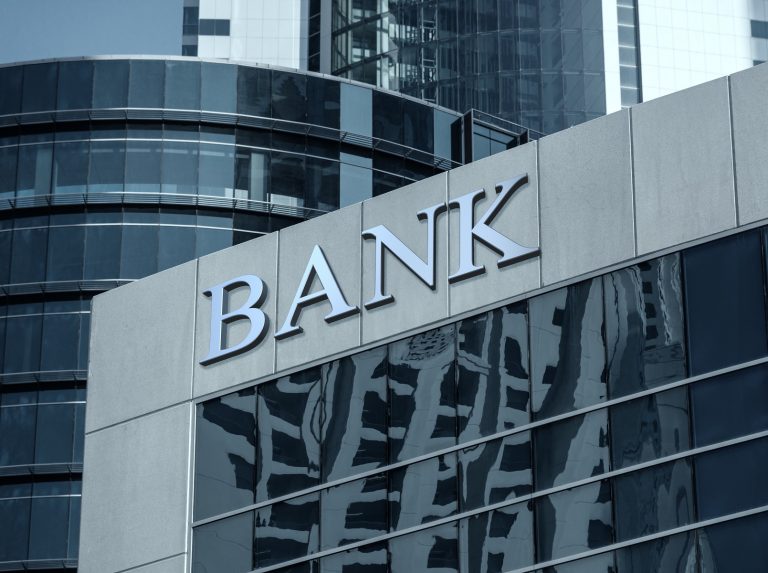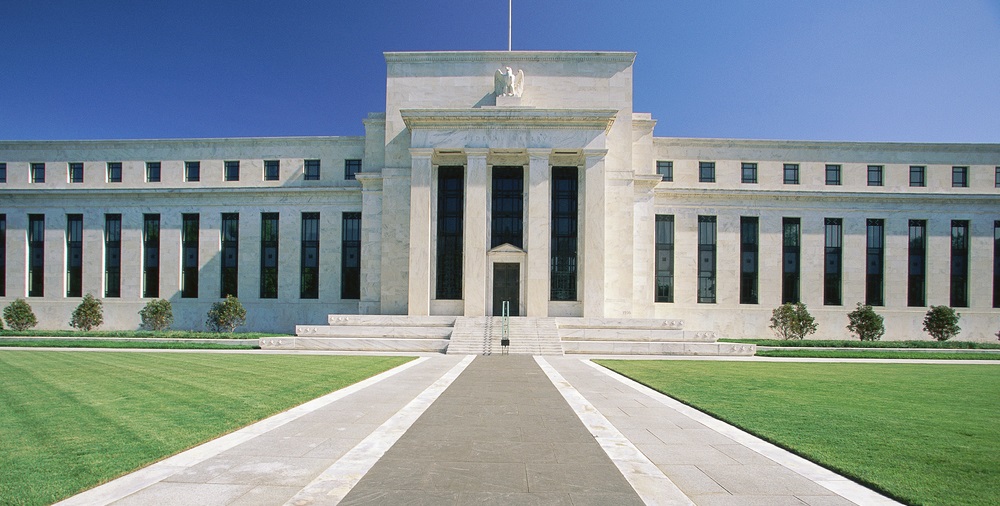

Through their policies, central banks exert tremendous influence over the socio-economic conditions in a country and its business environment. Their decisions are so powerful that it’s obvious they are part of the government. But most people would be surprised to find out that central banks are almost never part of the due democratic process.
Also read: Mario Draghi Leaves European Central Bank Without Ever Raising Interest Rates
Bankers Oversee Bankers in the US
Modern democratic societies are in a crisis for various reasons, and one of them is that very few things depend on the will of the populace. When’s the last time anyone asked you if you agree to see your savings depleted due to low interest rates or has anyone ever acquired your permission to bail out bankrupted financial institutions with your money? These are actually some of the main reasons why decentralized cryptocurrencies allowing peer-to-peer transactions were invented.
On paper at least, there is a mechanism in representative democracies that supposedly takes into account your interests. You vote for a political representative who must consider your point of view in the decision-making process at the highest levels. But while you may have some success with elected officials and institutions, that’s almost impossible with central banks due to their independence.
Take the U.S. Federal Reserve, for example, arguably the most important of all central banks in a dollar-dominated world. The Fed was created by a group of bankers and politicians who drafted the plan for its establishment outside of Washington which was later approved by the Congress. The Federal Reserve System is a network of 12 regional Federal Reserve Banks which is governed by a board of seven members appointed by the U.S. president and confirmed by the Senate. But there’s a catch: the elected head of state can appoint only one member to the Board of Governors every two years with a 14-year term, while the 12 branches are effectively controlled by commercial banks.

Each regional reserve bank is in reality a corporation and every U.S. chartered bank is required to keep 6% of its capital with its regional reserve bank. For that it receives an amount of shares at a fixed price of $100 per share and these cannot be sold or traded. Their holders, commercial banks, control about two thirds of the voting power in the regional federal reserve banks’ boards. The bigger the bank, the larger its share in the regional Fed, which is supposed to oversee its activities and operations.
The Federal Reserve System was structured like this to ensure the central bank’s independence from Washington. But in a representative democracy, that also makes it independent from the electorate, from the taxpayers. The people are left with one option to have any influence over their central bank – to buy as many shares as possible of the largest commercial banks in their region. The Fed itself has been accused of exerting political influence and absorbing influence from Wall Street. Raising or cutting interest rates at the “right time” can tip the scales in an economy and affect the voters’ perception of its current state. The instruments the Federal Reserve has at its disposal can stimulate economic recovery or create a false impression of one by inflating bubbles, or even slow down an ongoing recovery. To use them it doesn’t need political capital, unlike an elected institution, and it won’t pay a political price at the next elections.
Informal Group Determines Banking Policies in the EU
If you thought the situation in Europe was radically different, you were wrong. The European Central Bank (ECB) is responsible for the monetary policy in the Eurozone and along with the central banks of the countries in the common currency area forms what’s known as the Eurosystem. But while the Frankfurt-based ECB is formally entrusted with serious regulatory powers, including the adjustment of key interest rates, many would be surprised to learn that its decisions are often dictated by an informal forum that has been heavily criticized for its non-transparency. In reality, political control over the euro and the Economic and Monetary Union of the EU is exercised by the Eurogroup.

The term Eurogroup refers to the meetings of the finance ministers of the Eurozone countries. It draws its legality from two short articles in Protocol 14 of the Consolidated Treaties of the European Union, added not too long ago with the Treaty of Lisbon. The first one starts with “The Ministers of the Member States whose currency is the euro shall meet informally.” They are to “discuss questions related to the specific responsibilities they share with regard to the single currency.” The discussions take place with the participation of the European Commission and the European Central Bank. But that’s not all. High-ranking officials from the International Monetary Fund, like its Managing Director Christine Lagarde and President-elect of the ECB, are sometimes invited to these meetings. In other words, the so called European troika, of which the IMF is also a member, is well represented.
The largely informal nature of the Eurogroup has attracted a serious amount of criticism within the European Union mainly for the absence of democratic oversight of its proceedings. Critics have pointed out that the Eurogroup does not publish minutes from its meetings and documents revealing its agenda. Some have spoken about the lack of accountability towards the European Parliament, which remains the only democratically elected EU institution, as well as the dominant position of the Troika and countries like Germany in the format. Participants in the meetings have indicated that the decisions taken by the Eurogroup are often simply rubber-stamped by the Economic and Financial Affairs Council (Ecofin), the group that gathers the economics and finance ministers of all 28 member states, before being directly implemented by the European Central Bank.
Do you think central banks should be more accountable to the citizens and the elected institutions of a country? Share your opinion on the subject in the comments section below.
Op-ed disclaimer: This is an Op-ed article. The opinions expressed in this article are the author’s own. Bitcoin.com is not responsible for or liable for any content, accuracy or quality within the Op-ed article. Readers should do their own due diligence before taking any actions related to the content. Bitcoin.com is not responsible, directly or indirectly, for any damage or loss caused or alleged to be caused by or in connection with the use of or reliance on any information in this Op-ed article.
Images courtesy of Shutterstock.
Did you know you can buy and sell BCH privately using our noncustodial, peer-to-peer Local Bitcoin Cash trading platform? The Local.Bitcoin.com marketplace has thousands of participants from all around the world trading BCH right now. And if you need a bitcoin wallet to securely store your coins, you can download one from us here.
The post Why Central Banks Are Not Designed for Democracies appeared first on Bitcoin News.
Comments
Post a Comment